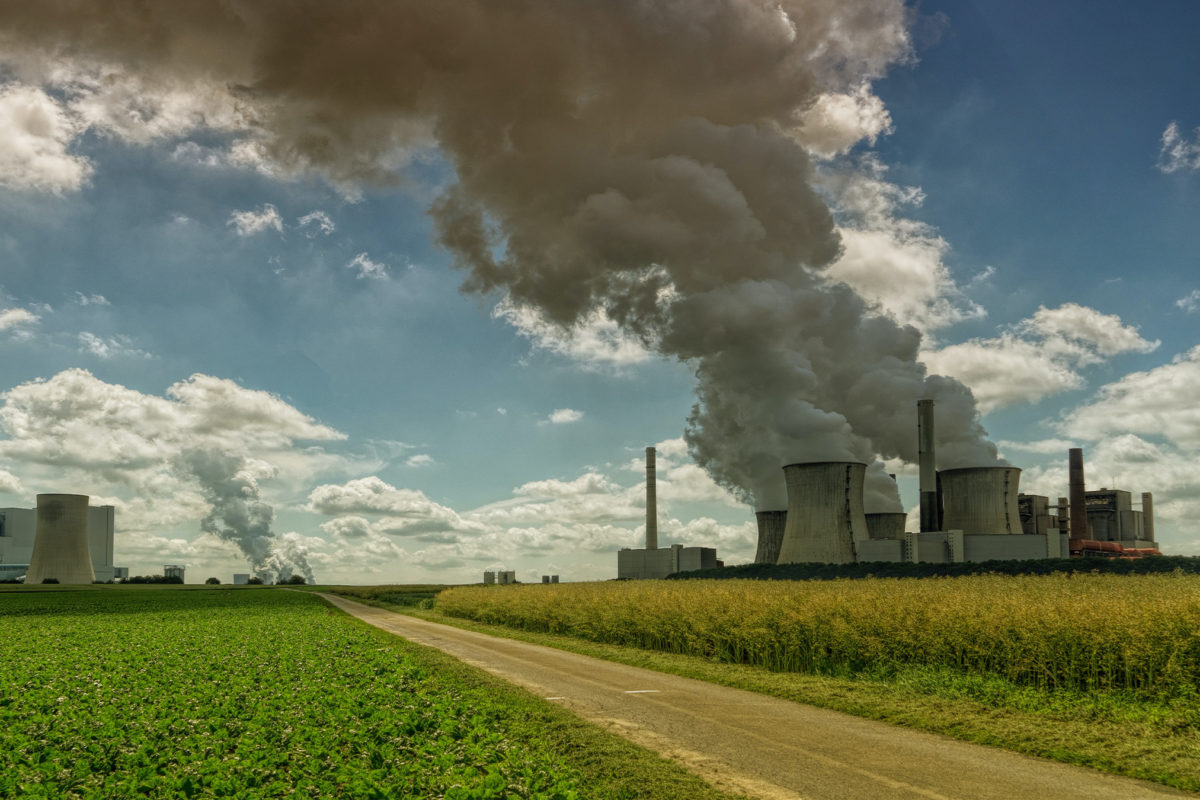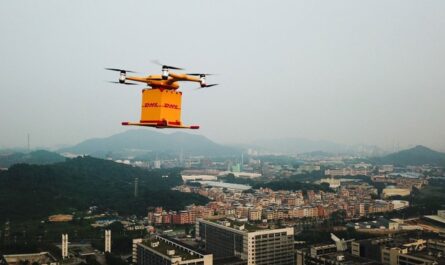Carbon offsetting refers to compensating for the release of carbon dioxide or other greenhouse gases into the atmosphere by participating in or funding projects that reduce emissions or remove greenhouse gases from the air. Carbon offsets are measured in metric tons of carbon dioxide-equivalent (CO2e) and may represent six primary categories of projects, including renewable energy, forestry, fuel switching, methane destruction, energy efficiency and other GHG reductions. With the mounting concerns towards climate change, more organizations are voluntarily setting emission reduction targets and adopting carbon neutral strategies. This has increased the demand for carbon offset projects aimed at balancing residual emissions through afforestation initiatives, renewable energy investments and other carbon sequestration activities.
The global carbon offset market is estimated to be valued at US$ 414.8 Bn in 2023 and is expected to exhibit a CAGR of 8.6% over the forecast period 2023 to 2030, as highlighted in a new report published by Coherent Market Insights.
Market Dynamics:
Growing demand for carbon neutral products: As consumers are becoming increasingly environmentally conscious, more companies are offering carbon neutral products and services to attract customers and build their brand image. This has boosted the sales of carbon offsets to neutralize the carbon footprint of products along the value chain.
Rise in corporate emission pledges: Major corporations across industries have committed to science-based targets to reduce greenhouse gas emissions in line with the Paris Agreement goals. This has accelerated the procurement of carbon offsets by businesses to address gaps in mitigating residual emissions through various carbon offset projects. Carbon credits purchased from offset projects help companies assert their climate credentials and demonstrate progress towards voluntary emission reduction goals.
Segment Analysis
The global carbon offset market is dominated by the forestry sub-segment. It accounts for over 30% of the total market share as of 2022. Reducing emissions through afforestation and reforestation projects help companies, individuals and governments offset their carbon footprint through natural means. Tree plantation drives not only absorb carbon from the environment but also promote biodiversity.
PEST Analysis
Political: Governments across regions have implemented stringent policies and regulations to reduce carbon emissions through carbon pricing mechanisms and renewable energy targets. Both compliance and voluntary carbon markets are promoted through policy support.
Economic: Rising carbon pricing worldwide and growing motivation among companies to achieve carbon neutrality is driving investments in offset projects. The market provides an economically viable way to balance carbon budgets.
Social: Consumers and citizens are increasingly environmentally conscious and demanding corporate accountability on emissions. Social responsibility and sustainability initiatives by organizations include carbon offsetting.
Technological: Advances in remote monitoring and satellite imaging enable accurate measurement of carbon sequestration achieved through offset projects. Distributed ledger platforms are enhancing transparency in carbon credit transactions.
Key Takeaways
The Global Carbon Offset Market Size is expected to witness high growth over the forecast period of 2023 to 2030 supported by stringent regulations and voluntary commitments to reduce carbon footprints. The market size is projected to reach over US$ 700 Bn by 2030 from US$ 414.8 Bn in 2023, growing at a CAGR of 8.6%.
Regional analysis: The North American region currently dominates the carbon offset market owing to the presence of the world’s largest voluntary carbon market and carbon pricing mechanisms such as cap-and-trade in many states. However, the Asia Pacific region is witnessing the fastest growth on account of rising emissions and subsequent offset requirements in heavy industries and power sectors across China, India and other Southeast Asian nations.
Key players: Key players operating in the carbon offset market are AptarGroup, Weener Plastics Group, Bormioli Rocco Pharma, Pacific Packaging Components, PCC Exol, SHL Group, O.Berk Company, Winfield Laboratories, O.Berk, Comar, RPC Group, Alpha Packaging, Pretium Packaging, Silgan Holdings, Origin Pharma Packaging, Vidchem pty ltd, Mold-Rite Plastics, Berry Global, Amcor, and Gerresheimer. Companies are focusing on expansion, partnerships and new project development to leverage offset opportunities especially in forestry and renewable energy domains.
*Note:
1. Source: Coherent Market Insights, Public sources, Desk research
2. We have leveraged AI tools to mine information and compile it




